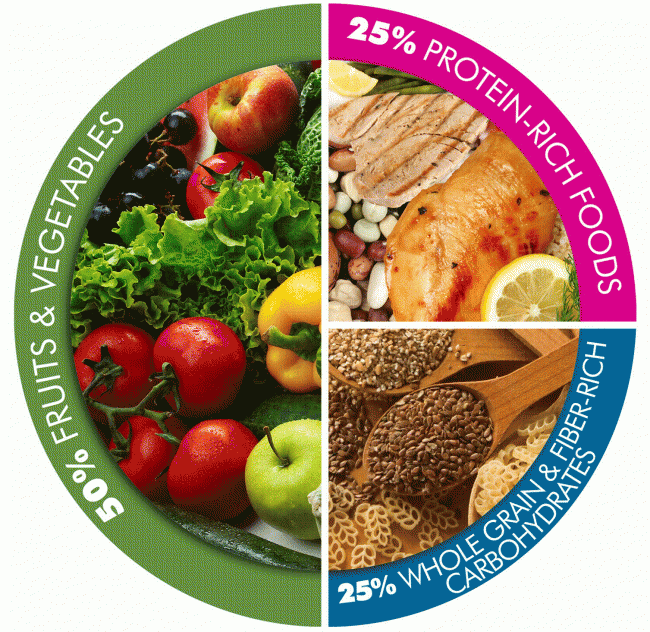March is National Nutrition Month, and there is no better time to begin the lifelong learning process about your nutrition needs. Nutrition is all about providing yourself with the best foods for your health and your growth. The body and its overall health requires adaptive change throughout your life. You’ll need different foods in your twenties than in your 40’s to properly take care of your body. Learning how to fuel your body and give it the proper nutrients for a happy and healthy life is a lifelong learning process. But the main focus at any stage in your life is getting adequate amounts of whole foods, hydration, and mindfulness when it comes to your nutritional well-being.
Teens to twenties is a crucial time to eat calcium-rich foods to help improve and increase bone density for your life. From your twenties to your forties it is important to eat nutrient-rich foods high in vitamins, minerals, antioxidants, and fiber. These help to promote good health and decrease the risk of obesity and diabetes. When moving into your 40’s and 50’s it is important to keep in mind that your metabolism slows down and hormones are changing. This makes it crucial to incorporate exercise into your routine and be mindful of added sugars, salt intake, and saturated fats. As you age into your sixties it becomes increasingly important to maintain good bone density and include protein-rich foods in your diet. Maintaining your nutritional well-being is a lifelong learning process to keep you healthy and strong.

It is important for your nutritional well-being to include a variety of foods in your diet for enjoyment and nutrition. A healthy diet should focus primarily on eating whole foods such as fruits and vegetables, whole grains, and protein. The less processed the better. Start by filling half of your plate with fruits or vegetables. Then add in 1/4 a plate of healthy carbohydrates and the last 1/4 as protein. This plate will help provide you with energy for the day and keep you full longer. Additionally, prioritize drinking water throughout the day to encourage cognitive function, weight loss, energy, and digestion.
To make healthy eating effortless there are many things you can do to ensure you have smart options at your fingertips. Planning out your grocery trips will help you keep nutrition in mind and minimize extra spending. Raw vegetables require almost no preparation and make for a great quick snack that will keep you full and energized. Frozen fruits and vegetables can be a cheaper option. Additionally, they won’t spoil as quickly, and can be prepared easily making them a great option to have on hand. When picking out carbohydrates aim for whole grain when possible. Whole grain pasta or bread, brown rice, fruits, and veggies are great options. Prioritizing these options will aid in preserving your overall nutritional well-being.
Nutrition doesn’t have to be difficult and moderation in your diet is key. By planning out your grocery trips, keeping healthful options on hand, prioritizing hydration, and aiming for mostly whole foods your overall nutrition will increase immensely. Enjoy foods such as desserts, fast food, and sugary drinks in moderation. Taking these steps will increase your energy, manage your weight, and decrease disease risk. Picking nutrient-dense foods will help you stay active, independent, happy, and healthy.